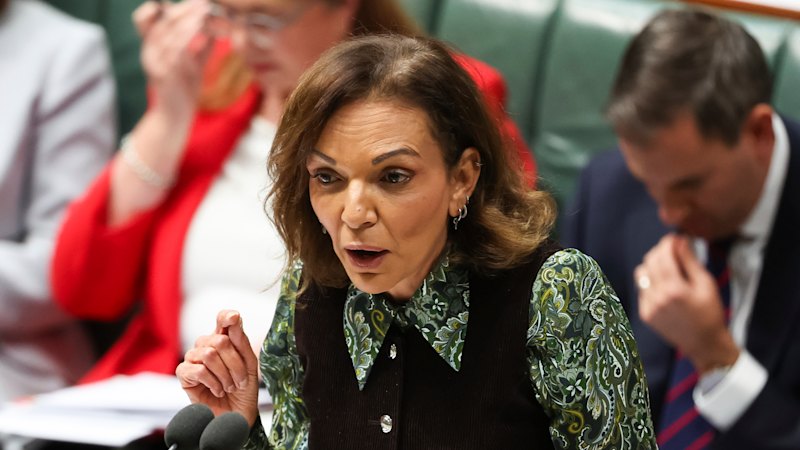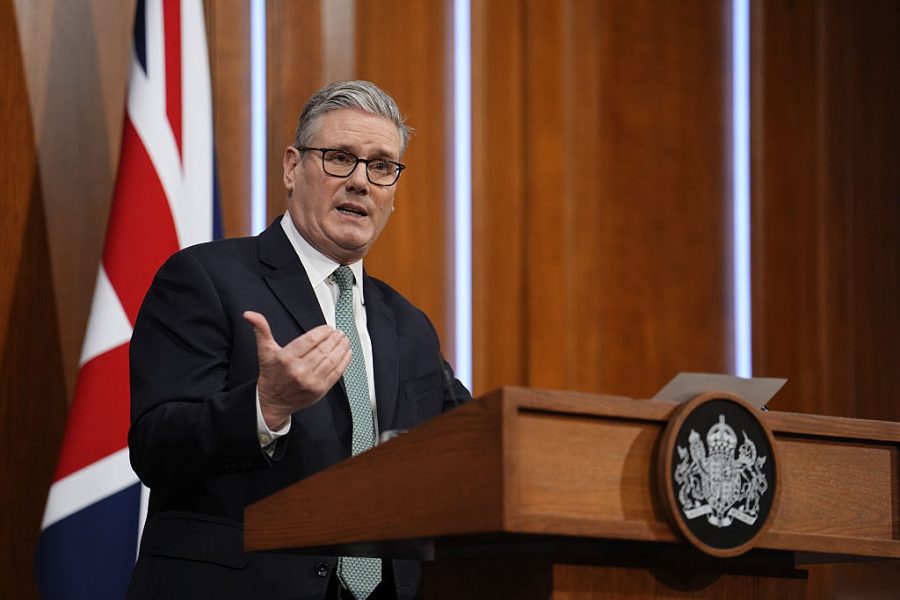
URGENT UPDATE: The immigration debate in Australia has reached a boiling point, fueled by a growing housing affordability crisis. As the population surges, experts warn that immediate action is needed to address the consequences of increased migration on housing availability and community resources.
New reports confirm that as of September 2, voices from various sectors are raising alarms about the strain on housing markets, with many calling for a reevaluation of immigration policies. Notably, Peter Egan from Fairview Park emphasizes that while migration boosts government revenue and taxes, it exacerbates the housing crisis without sufficient infrastructure support.
Authorities report that the current model of migration is being exploited by far-right groups, who are using fears related to housing shortages to gain traction. Alan Morris from Eastlakes highlights that simply increasing housing supply is not the solution, as developers often overlook affordable options. He advocates for significant government intervention to tackle negative gearing and capital gains tax loopholes.
Critics of local government policies, such as Woollahra Deputy Mayor Sean Carmichael, are facing backlash for prioritizing affluent constituents over progressive housing solutions. This resistance is creating a divide among communities, with many residents expressing frustration over the lack of affordable housing options.
The debate is further complicated by reports of anti-immigration protests, which have been marred by violence and aggressive rhetoric. In contrast, peaceful demonstrations supporting multiculturalism have attracted hundreds of thousands, showcasing the stark differences in public sentiment.
As the situation unfolds, experts stress the need for a comprehensive approach that includes enhancing transportation services and infrastructure to support higher-density living in urban areas. Without this, the crisis is expected to deepen, leaving many families struggling to find homes.
Next steps: Stakeholders are urging the government to prioritize housing policy reform and address the concerns of both migrants and long-time residents. As discussions continue, the urgency for a balanced solution has never been greater.
As Australia grapples with these pressing issues, it remains clear that the path forward must involve collaboration between government, communities, and businesses to foster a more inclusive and sustainable future. This is not just a political debate; it’s a matter of homes and livelihoods for millions.
Stay tuned for more updates as this story develops and continue to engage in the conversation surrounding immigration and housing in Australia.






